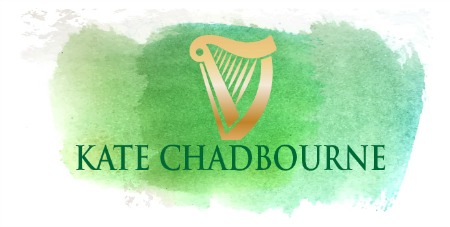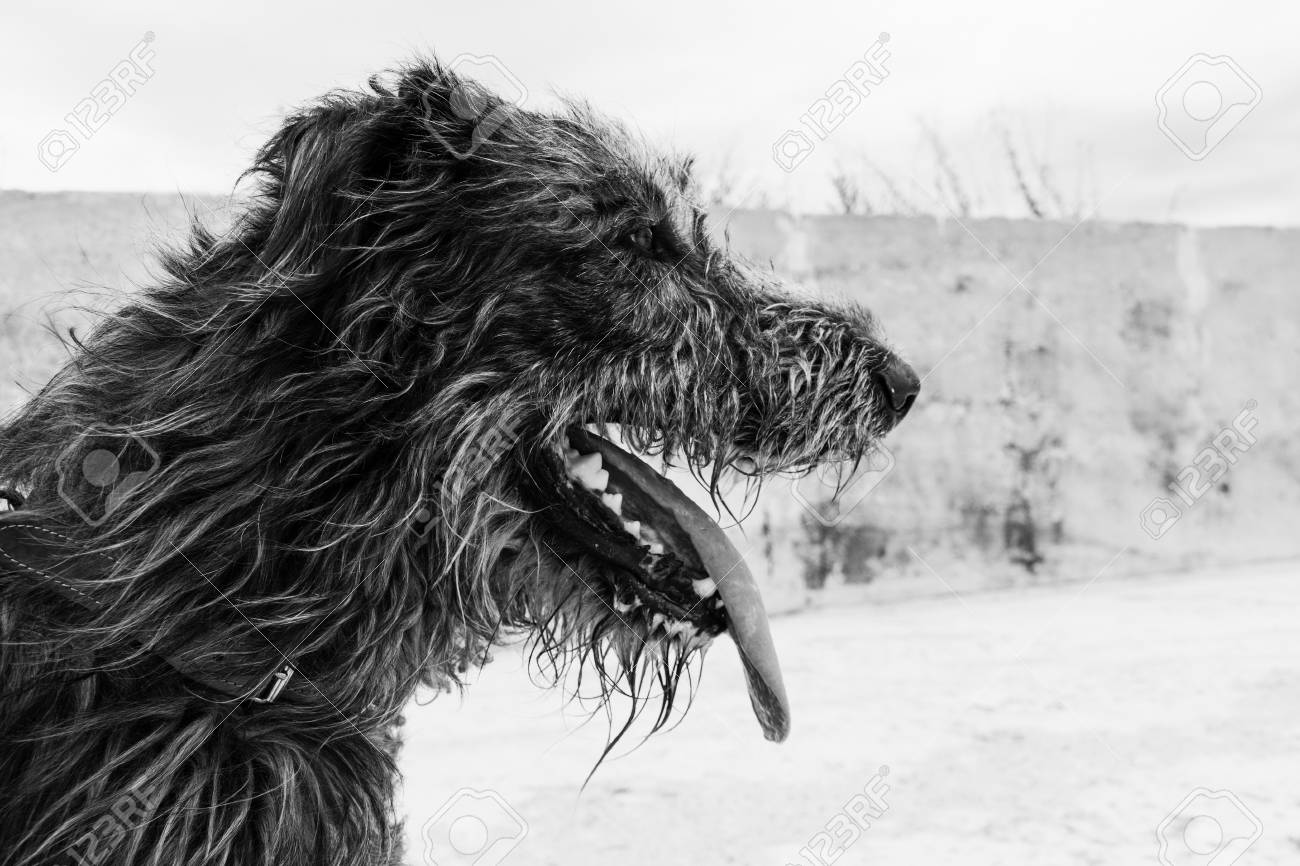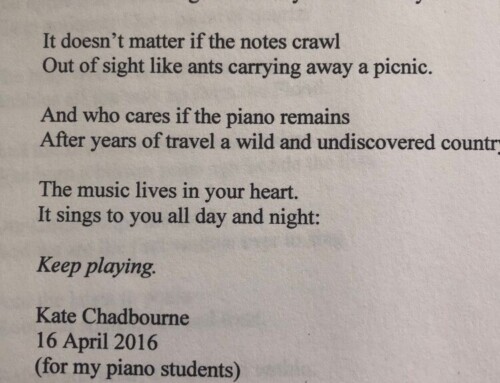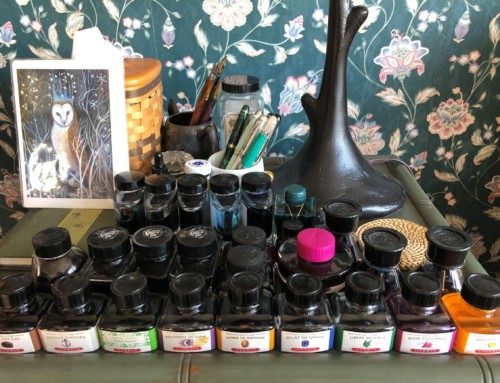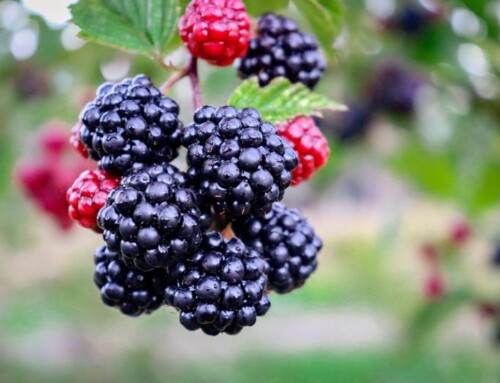Who knew? Doing some e-research tonight, by sheer chance I came across an Irish scholar’s review of an essay I wrote years ago for a festschrift for my wonderful mentor, Professor Patrick K. Ford. Professor Ford’s “hound love” inspired me to write about dogs in the Finn tales (plus I’ve always said I’m part-dog – that penchant for trotting around, curious to find out what’s round the corner). Liam Mac Mathuna’s kind words, completely unexpected, land like a boon. I can’t stop smiling.
What can we take from this nice surprise?
The happy fact that there ARE surprises in store for us – the nice kind. That your hard work and care DO register. That life is full of boons and blessings, often arriving when you least expect them. If you’re feeling low, friends, just wait a little. Something good will soon fall right in your lap!
Here’s the review.
“Kate Chadbourne’s insightful contribution, ‘The Voices of Hounds: Heroic Dogs and Men in the Finn Ballads and Tales’ (pp 28-41) cleverly deals not with the fate of orality in the face of Christianity, but with the question of “aurality – a contention about the way the world should sound’. Dogs and beagles are opposed to clerics and croziers in poems on Fionn and his fiana. Oisin was astonished one day to hear the cry of a bell ringing out in the forest where Finn and the fian used to hunt and in his outrage he demanded: ‘Who is this miserable cleric to the west, who rings his little bell violently, who does not hearken to the cry of the hounds in the glen beside him?’ (p. 29). Fionn and his fiana were closely linked to their dogs, so much so that the author maintains that they shared a dog-like nature. Whereas Patrick and his clerics seek to turn those of the fiana who lived on towards the future, they stubbornly re-route their thoughts to the past, the voices of hounds signalling a turn away from the Christian present towards the glorious past of the fian. Chadbourne concludes by observing: ‘The desire to relive those times through memory, and to describe them in storytelling so vivid that they provoke the ire of a Christian saint, hints that the hound- nature of the flana lives on after its own era.'”
Go raibh maith agat, a Liam!
(In case you want to read the book, it’s “Heroic Poets and Poetic Heroes in Celtic Tradition. A Festschrift for Patrick K. Ford,” The Journal of Celtic Studies 4, edited by Joseph Falaky Nagy and Leslie Ellen Jones. It’s at least 10 years old now but still full of good stuff worth reading).
